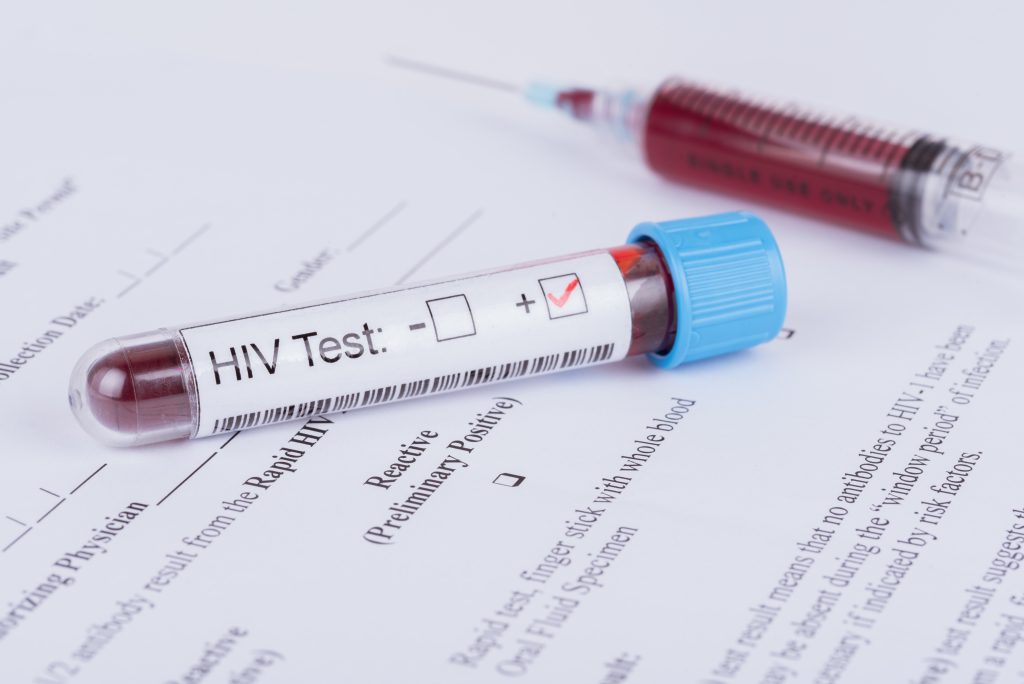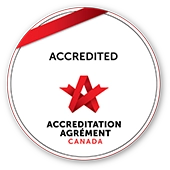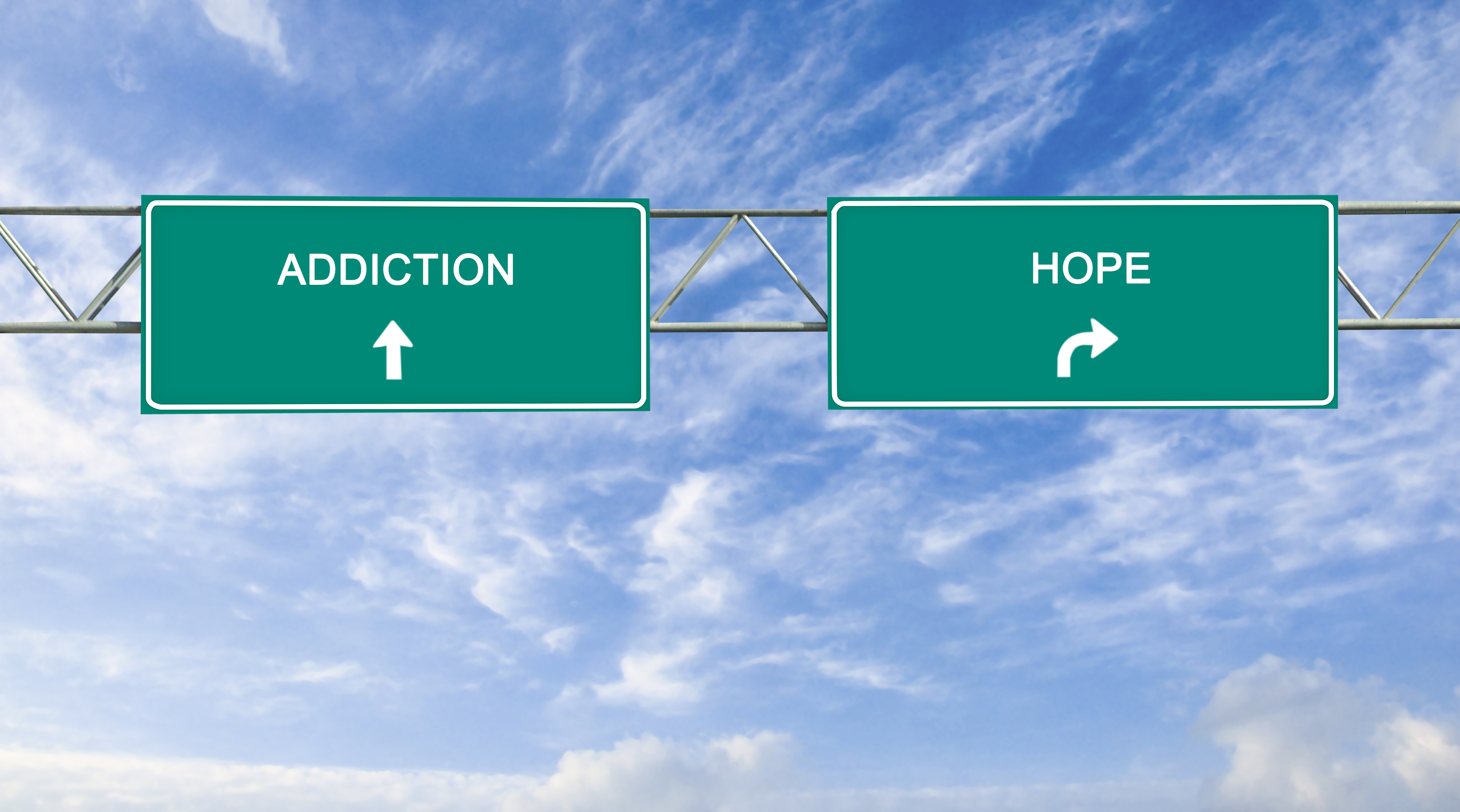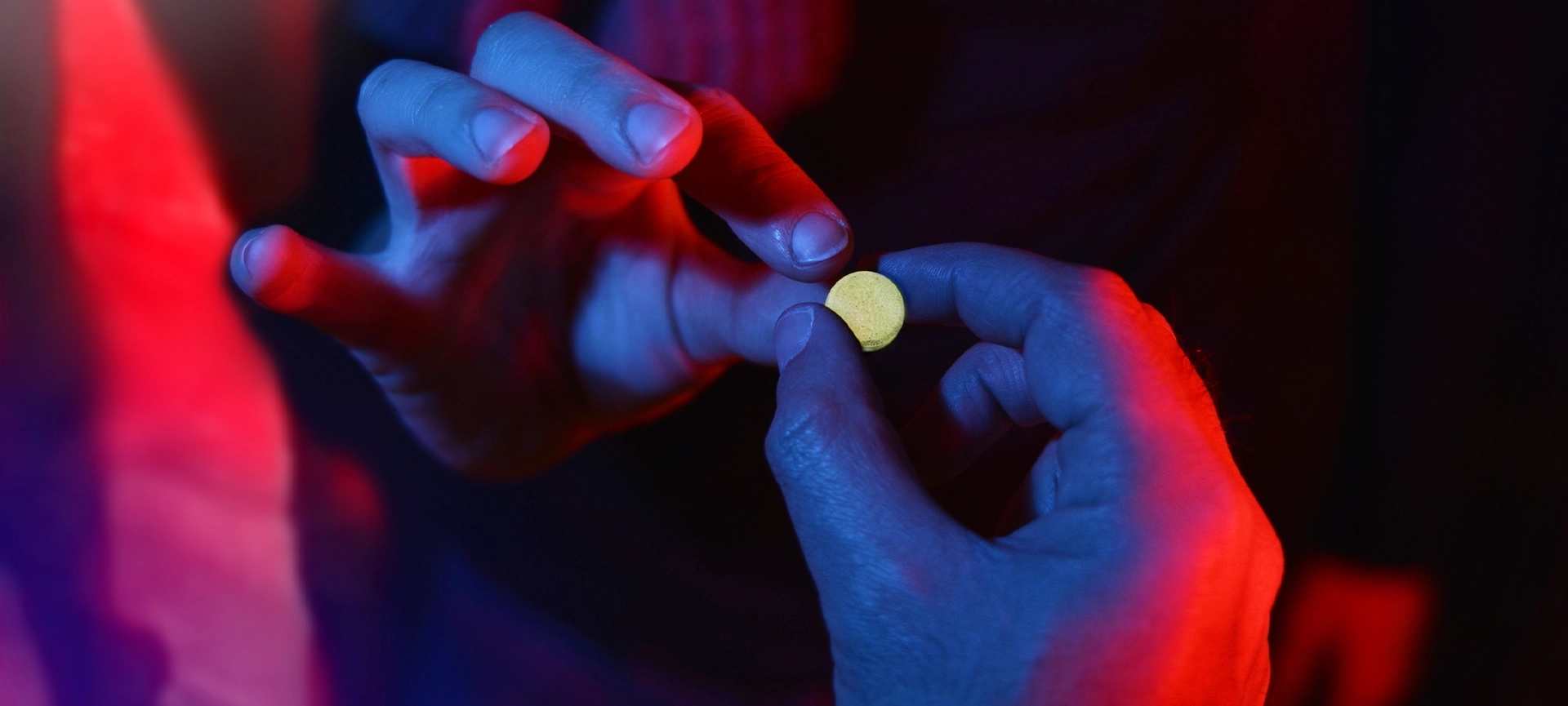As a complex condition, drug addiction is known to be characterized by uncontrollable and intense drug craving. People who suffer from it have a compulsive drug-seeking behaviour. They cannot help but continue using their drug of choice even if they are already experiencing harmful consequences. If you or your loved one is having problems with drug abuse and addiction, we will discuss here the top effective drug addiction treatments that can help you in dealing with it.
What to Know about Drug Addiction
When a person is addicted to illicit drugs, their brain becomes affected. Particularly, the parts of the brain that control the behaviour, learning, memory, and motivation and reward systems.
There are some people who are more vulnerable to addiction than others. There are many factors that can affect this such as the environmental influences, the age at which they started using drugs, and their genetic makeup.
Initially, the individual is fully in control of whether or not he or she will take drugs. However, eventually, because of being exposed to the drug for a long period, the functioning of the brain becomes compromised, and so does the individual’s ability to make choices. Seeking as well as consuming their drug of choice then becomes compulsive, overpowering the person’s willpower and self-control.
Addiction goes beyond taking drugs compulsively. I can affect a person’s health as well as their social relationships. A common example of this is that the person becomes more vulnerable to various physical and mental illness that are consequences of a lifestyle of drug abuse.
They are exposed to the harmful effects of drugs. In addition to that, their behaviours become dysfunctional because the drug use interferes with their normal functioning within their family, school, work, and their community.
Since drug dependence and drug abuse can interrupt the elements of someone’s life, treatment isn’t straightforward. Successful treatment programs typically incorporate many components, each directed to a specific component of this particular illness and its effects. Addiction treatment helps the individual to stop using drugs, and attain functioning in the family, on the job, and in society.
Many addicts cannot stop using drugs because addiction is a disease that takes over much of their control over their behaviours. Nevertheless, it can be treated. Recovering addicts typically need recurrent or long-term episodes of medical supervision and care to attain the objective of recovery and abstinence from the drugs.
Indeed, clinical practice and scientific studies reveal that continuing care in treating drug dependence is valuable, along with a number of methods integrated and having been examined into the community and residential settings.

What Makes Drug Addiction Treatments Effective?
Addiction is treatable although complicated disease that affects behaviour and brain function. Drugs can change the brain’s structure and function, leading to changes that persist after drug use has stopped. This is why recovering addicts are still at risk for relapse.
Treatment Types Vary
There is no particular single treatment that can be suitable for everybody. Treatment varies depending on the needs of patients and the type of drugs they have been using. Matching treatment settings, interventions, and solutions are essential to their ultimate success in returning to productive functioning.
The treatment has to be readily available. Since people might be uncertain about entering treatment, taking advantage of services the moment they are ready for treatment is crucial. The opportunity for recovery may be lost if treatment isn’t immediately available or easily available. Just like other ailments, treatment will work better the earlier it begins.
Treatments Seek to Address Different Needs
Effective treatment attends to multiple needs of the person, not just his or her drug misuse. To work, treatment must address the drug misuse and any other problems in the legal, vocational, social, psychological, and medical areas of their life. It’s likewise important that therapy be appropriate for the age, culture, ethnicity, and gender of the individual.
Staying in drug addiction treatment for an adequate time period is crucial. The right duration for an individual depends on the form and level of the individual’s problems and requirements. Research suggests the very best results occur with longer duration of therapy and that individuals that are addicted need a minimum of three weeks in therapy to reduce or discontinue their drug use.
Recovery from drug addiction is a long-term process and frequently requires multiple episodes of treatment. Much like other chronic illnesses, relapses to drug abuse may happen and should indicate a need for the treatment and therapy to be reinstated.
And since patients often withdraw from their treatment prematurely, the addiction treatment programs ought to have strategies that will continue to engage the patients so that they will stay and complete the treatment program.
Behavioural Therapies are Helpful to Treatment
Behavioural therapies such as individual, group or family counselling, are some of the common kinds of drug abuse treatments. Therapies might involve facilitating better relationships, providing incentives for abstinence, developing skills to resist drug use, substituting drug-using activities with constructive and rewarding actions, improving abilities, and addressing an individual’s motivation to change. Involvement in peer support programs along with group treatment during and subsequent treatment might help keep abstinence.
Medications are Important in Treatment
Medications are also a vital component of drug addiction treatment for recovering addicts. It is especially effective when it is combined with behavioural therapies and counselling. Some of the examples of prescription medications used for drug addiction treatments are naltrexone, buprenorphine, and methadone. They help people who are addicted to opioids such as heroin.
For alcohol addiction, some of the medications used are disulfiram and acamprosate. Nicotine addiction may be treated with nicotine replacement products such as nasal sprays, lozenges, gums, and patches. Oral medications may also be used like varenicline and bupropion. All these prescription meds, when used properly, can greatly help in treating the drug addiction.
A person’s drug addiction treatment program ought to be fully assessed. It must also be continuous and open to modifications if needed to make sure that the treatment meets the changing needs of the recovering addict. The patient may need various combinations of treatments and services in the duration of their recovery process.
Apart from psychotherapy and counselling, the individual may benefit from medications, medical services, legal services, social services, vocational rehabilitation, and parental instruction. For a lot of these recovering addicts, continuing care is among the best approaches that can guarantee better results. The treatment intensity may differ according to their needs.
Assessment of Co-occurring Conditions
Many people who suffer from drug addiction also have some type of mental health condition. Since drug addiction is also a mental disorder, it can co-occur along with other types of mental health issues.
When treating a patient for drug addiction, it is important to also assess if they are suffering from another condition apart from that. When such conditions co-occur, the treatment ought to address all of them and using the appropriate medications are necessary for the success of the recovery.
Detox is the First Step
The first phase of drug addiction treatments is medically-assisted detox. If detox is the only treatment used for drug addiction, it can only do so much for the long-term success of the treatment.
While detox can manage the withdrawal symptoms, it can also be a way to kick start the long-term treatment for drug addiction. Alone, it is not enough. That is why patients are highly encouraged to continually go through the drug addiction treatment program immediately after detox. To further improve the patient’s engagement in the program, motivational strategies can be used.
It is not necessary that a person with drug addiction goes through the treatment voluntarily for the program to be effective. For example, if the family, employer, or the criminal justice system are the ones that pushed the individual to seek treatment, it can still be effective in keeping the person in the program. The bottom line is that the person with drug addiction problems has been introduced to a treatment program that can help him or her with the drug use issues.
Another important thing to remember is that the recovering addict ought to be monitored for any drug use while they are in treatment. Relapses are common during treatment. By monitoring their use of drugs, incentives may be offered if the regular drug tests results are clean.
This can highly motivate the patient to withstand any urges to go back to using drugs. By monitoring any signs of drug use, there can also be an early detection if the person is returning to old habits. By knowing these things, the treatment plan may be adjusted to better provide for their needs.
Available Testing for Infectious Diseases
The drug treatment program should also be able to test if the patients have contracted infectious diseases such as tuberculosis, hepatitis B, hepatitis C, or HIV/AIDS. Doing so, the patients may be provided with risk-reduction counselling. The patients may also be directed to proper treatment whenever necessary.
Usually, the treatment will address the drug-related behaviours that place individuals at risk of getting infectious diseases. With counselling, the point is to try to reduce such risk and help individuals in reducing or avoiding drug-related behaviours as well as other behaviours that may put them at risk.
Counselling can benefit people who have illness in managing their condition as well. Furthermore, by being in treatment, the patients will also be encouraged to adhere to other treatments.
Drug addiction treatment facilities ought to provide HIV testing onsite rather than having to refer patients to other facilities. Studies show that with this type of arrangement, there are more chances for patients to get tested.
Another important thing is that the facility for drug addiction treatment should inform individuals seeking treatment that HAART or highly active antiretroviral therapy has been proven to be effective in dealing with HIV. The treatment centre also should direct them to a good HIV treatment centre if in case the patients test positive.

Why Can’t Drug Abusers Stop Using Drugs?
Many individuals with drug use problems feel and believe that they can stop their drug use by themselves. A lot of them will attempt stopping even without enrolling in a treatment program.
There are a number of these individuals who were able to do it successfully. However, for a majority of these people dealing with drugs, it’s just too difficult to achieve abstinence for the long-term.
Studies state that if a person has been using drugs for a long time, the brain is changed and such changes can remain even after the individual has stopped the drug use habits.
What this means is that the functioning of the brain is altered, leading to behavioural consequences. An example is the inability to control their behaviour over their drug use even if they are already experiencing harmful consequences. This is the very definition of drug addiction.
A person with drug use issues may also be dealing with psychological stresses from family or work. They may also have psychiatric conditions or are experiencing physical pain. All of these factors can contribute to triggering intense cravings. The individual may not even be aware of the triggers. This is something that therapy and counselling can help with.
By knowing and understanding that drug addiction has this tremendous effect on the physical and biological aspects of a person, one can appreciate the need for an effective drug addiction treatment for long-term success. A person cannot easily stop drug use and recover on their own.
Related article: Comparison: Private Addiction Treatment Versus Government Funded Centres
What is Drug Addiction Treatment?
Drug addiction treatments are meant to help people with drug use problems with their compulsive drug-seeking behaviour. The treatment can happen in various settings in different forms. The length of time for each individual can vary as well. Since drug addiction is a chronic condition, relapses may happen.
That is why single treatments or short-term remedies do not suffice. For a lot of people, the treatment will be continuous and may last for a certain period. It will also involve a variety of intervention types as well as regular monitoring.
There are many kinds of approaches when it comes to treating drug addiction. The treatments may include CBT or cognitive behavioural therapy, medications, or a combination of these treatments. Specific types of programs will be different for each patient, depending on their needs and the kind of substance they were abusing.
Remedies for prescription medication abuse are usually like those for illicit drugs which affect the brain systems. An example of a medication that can be used as a treatment for addiction is buprenorphine for heroin addiction and prescription opioid meds addiction.
Since there aren’t yet medicines for treating addiction, addiction to prescription medications which affect the brain systems may be treated with various treatments. Therapies will help individuals cope with relapse if it happens, provide strategies, teach methods to avoid drugs and protect against relapse, and to take part in drug therapy.
Behavioural therapies may help individuals enhance family dynamics, relationship, and parenting abilities, in addition to improving communication. Treatment plans use group and individual therapies. Group therapies help apply contingencies that encourage abstinence and also a better way of life and might offer reinforcement to maintain it.
Some of the recognized behavioural therapies, such as cognitive-behavioural therapy and contingency management, are being adapted to boost cost-effectiveness and efficacy. But, especially in teens, there may also be a threat of accidental harmful consequences of group therapy. Occasionally group members (particularly groups of exceptionally delinquent youth), can fortify drug use and thus derail the goal of the treatment.
Therefore counsellors monitor for consequences and must be aware of them. Since they operate on various facets of dependence, mixtures of behavioural treatments and drugs generally seem to be more powerful than either approach used alone. In the end, individuals that are addicted to drugs frequently suffer from additional health issues (e.g., depression, HIV), occupational, legal, behavioural, and societal issues which need to be addressed simultaneously.
The best programs provide a combination of solutions and treatments to meet with an individual patient’s requirements. Psychoactive drugs, like antidepressants, anti-anxiety agents, mood stabilizers, and antipsychotic medications, can be crucial to treatment success when patients have co-occurring psychological disorders like depression, anxiety disorders (like post-traumatic anxiety disorder), bipolar disorder, or schizophrenia. Treatment for dependence and drug abuse is delivered in several distinct configurations using an assortment of behavioural approaches.
How Effective are Drug Addiction Treatments?
The objective of treatment is to return individuals to being functional and productive individuals in addition to stopping drug abuse. According to studies that monitor drug addiction therapy over prolonged periods for individuals, many people enhance their occupational functioning, reduce their criminal-related actions, and those who stay in the treatment program and eventually stop using their substance of choice.
For example, methadone treatment has been seen to reduce both the drug use as well as the criminal behaviour of individuals. It also boosts involvement in the treatment program. However, individual treatment outcomes depend on nature and the extent of their issues, the appropriateness of the drug addiction treatment used to deal with those issues, and also the quality of interaction between the treatment providers and the individual.
The relapse rates for illicit drug dependency resemble those of other ailments like hypertension, diabetes, and asthma. Addiction can be handled when the individual truly tries. Treatment empowers people to counteract the powerful disruptive effects on their behaviour and mind. They can also recover control of their own lives.
The chronic nature of this disease implies that relapsing to illegal drug abuse isn’t just possible but also probable, together with symptom recurrence rates comparable to those for additional well-characterized chronic medical conditions which also have both behavioural and physiological elements.
When a relapse happens many see that the treatment is not working and is a failure. This isn’t true. Relapse is a common part of the treatment process. Programs for drug dependence requires modification and evaluation whenever relapse happens to make sure that the individual is receiving adequate and appropriate treatment.
How Long do Drug Addiction Treatments Last?
Individuals progress in their treatment at different rates, therefore, there’s not any predetermined length of time for the treatment. Research has shown unequivocally that good outcomes are contingent on the treatment span. Generally, for residential or outpatient treatment, participation for less than 90 days is of limited efficacy. Long-term treatment is highly suggested.
For maintenance, 12 weeks is regarded as the minimal, and a few people continue to benefit from methadone maintenance for several decades. Superior outcomes are contingent on treatment span. Treatment dropout is among the problems of treatments for addiction. Employing methods that may help keep patients will enhance results. By viewing addiction as a disease and offering care and observation, programs can triumph, but this may need readmitting patients who have relapsed to a number of episodes of treatment.
Drug Addiction Treatments You Need to Know
There are several options when it comes to drug addiction treatment. Some of the treatments include behavioural counselling, taking prescription medications, medical applications for the treatment of withdrawal symptoms, assessment and treatment of any co-occurring mental health conditions like anxiety and depression, and regular follow-up for prevention of relapse.
A wide array of care that has a tailored drug addiction treatment program as well as follow-up options is vital in attaining success. Medications can be used to treat drug addiction, prevent relapse, manage co-occurring conditions, as well as control withdrawal symptoms. Treatment should also include both mental and medical health services if and when needed. In terms of follow-up care, it may include community-based as well as family-based drug addiction recovery systems of support.
In itself, detox isn’t the treatment for drug addiction but it is the initial step in the whole process. Patients who don’t receive any additional treatment after detoxification restart their substance usage. Recovering addicts may be given prescription meds to reduce cravings as well as help in re-establishing their normal brain functions.
Prescription Medications for Drug Addiction Treatment
Medicines are available for opioid addiction treatment, tobacco, and alcohol dependence. Researchers are developing different drugs to treat stimulants like cocaine, methamphetamine, and cannabis dependence. Individuals using several substances, which is common, require treatment for each one the drugs they use.
For Opioid Addiction
Methadone, buprenorphine, and naltrexone are traditionally utilized to treat dependence on opioids. Buprenorphine and methadone alleviate cravings and curb withdrawal symptoms. Naltrexone helps in blocking the effects of the opioids in their receptors in the individual’s brain and must be utilized only in patients that have been detoxified. All these prescription meds help patients decrease drug seeking and related criminal behaviour and help them become more amenable to behavioural therapies.
For Nicotine Addiction
Nicotine replacement solutions have a lot of forms, for example, lozenges, gums, sprays, and patches. These products are available over the counter. Bupropion and varenicline are two prescription meds that can be used to treat nicotine addiction. They also help in preventing relapse. The medications are more powerful when coupled with behavioural remedies, such as individual and group therapy.
For Alcohol Addiction
There are several prescription meds for alcohol addiction treatment. Naltrexone blocks opioid receptors which are involved in the craving for alcohol and at the effects of ingesting it. It reduces relapse to heavy drinking and is tremendously effective in certain patients. Genetic differences can influence how well the medication works in patients.
Acamprosate can reduce symptoms of long-term withdrawal, like sleeplessness, nervousness, restlessness, and dysphoria. It could be more successful in patients with acute addiction. Disulfiram helps in interfering with how the alcohol breaks down in the body.
Acetaldehyde builds up from the body, resulting in unpleasant reactions which have flushing, nausea, as well as irregular heartbeat when the person drinks alcohol. The individual’s compliance may be an issue, but it might help patients that are highly encouraged to stop drinking.
Other medicines are available to take care of potential mental health ailments such as anxiety or depression that might be leading to the individual’s substance dependence.
Behavioural Therapies for Drug Addiction
Behavioural therapies aid patients by altering behaviours and their attitudes associated with drug use. They boost life skills that are healthy. Individuals who continue with different types of treatments such as therapies and prescription meds may get treatment in several distinct configurations with numerous approaches. Outpatient behavioural therapy comprises a vast array of applications for individuals who see a behavioural health advisor on a normal schedule.
The majority of the programs involve individual or group drug counselling, or both. These programs generally offer types of behavioural treatment like Cognitive-behavioral therapy which helps patients recognize, avoid, and cope with all the scenarios where they’re most likely to use illegal drugs.
Multidimensional family therapy is designed for teens with drug abuse issues in addition to their families. It addresses a variety of influences in their drug misuse patterns and is intended to improve overall family functioning.
Motivational interviewing helps in making the most of people’s willingness to modify their behaviour. Motivational incentives (contingency management) utilizes positive reinforcement to promote abstinence from drugs. Treatment is occasionally intensive initially, in which patients attend several inpatient sessions every week. After finishing intensive therapy, patients transition into routine outpatient therapy, which meets less frequently and for fewer hours a week to maintain their recovery.
Types of Treatment for Drug Addiction
Licensed residential treatment centers can offer 24-hour structured and intensive supervision and care, such as safe housing and medical care. Residential treatment centers may use many different therapeutic approaches, and they’re usually targeted at helping the individual live a drug-free, crime-free lifestyle following therapy.
Cases of residential treatment configurations include therapeutic communities that are highly structured programs in which individuals stay at a residence, typically for 6 to 12 weeks. The whole community, including the therapy staff and people in recovery, behave as key agents of change, affecting the individual’s attitudes, understanding, and behaviours related to drug usage.
Shorter-term home therapy is generally focused on detoxification in addition to providing initial intensive counselling and preparation for therapy at a community-based setting. Recovery housing provides supervised, short-term home for patients, frequently following different forms of residential or inpatient treatment. Recovery housing can help individuals make the transition into a different life, helping them understand how to handle their finances or seek employment, in addition to directing them to support services locally.
Takeaway
These are the top effective drug addiction treatments that you need to know. As you’ve learned, there’s no single approach that can treat drug addiction. Rather, it is a combination of several effective approaches such as using prescription medications and making use of behavioural therapies. A detox may not be considered as a treatment in itself but it is an important first step. If you or your loved one is ready for change, it is best to seek drug addiction treatment as soon as possible.
Related article: Best Alcohol Addiction Treatments






